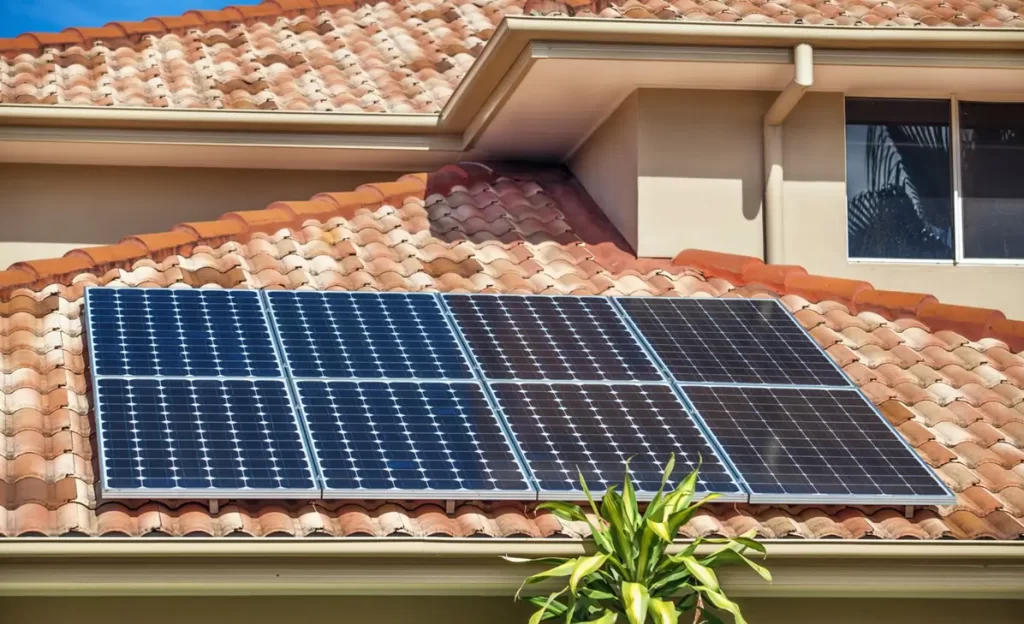Selecting the Ideal Solar Panel System for Your Residence
Are you contemplating the transition to solar power by installing a solar panel system on your residence? If so, you’re making a commendable decision that not only benefits the environment but also proves advantageous for your financial well-being. Selecting the Ideal Solar Panel System for Your Residence, has the potential to significantly curtail both your electricity expenses and carbon footprint. Nevertheless, the array of options available may seem overwhelming when it comes to selecting the most suitable solar panel system for your home. In this blog post, we aim to equip you with valuable tips to facilitate the decision-making process.

- Evaluate your energy consumption: Begin your solar journey by comprehending your energy needs. Scrutinize your historical electricity bills to ascertain your monthly energy consumption. This information will guide you in determining the appropriate size of the solar panel system required to meet your energy demands.
- Assess your roof’s viability: The dimensions and orientation of your roof play a pivotal role in selecting the optimal solar panel system for your residence. Ideally, your roof should offer adequate space for the panels and receive ample sunlight throughout the day. In cases of limited roof space or shaded roofs, alternative options such as ground-mounted systems or solar canopies might need consideration.
- Investigate reputable solar panel brands: The market hosts a multitude of solar panel brands, each with its unique attributes. Conduct thorough research to identify reputable brands with a proven track record of quality and performance. Prioritize certifications like the International Electrotechnical Commission (IEC) and Underwriters Laboratories (UL) to ensure compliance with industry standards.

- Delve into warranty details: Recognizing solar panel systems as a long-term investment, prioritize systems equipped with robust warranties. Look for comprehensive coverage, encompassing both panels and inverters—the primary components of the system. Standard warranties often extend for at least 25 years for panels and 10 years for inverters.
- Solicit multiple quotes: Armed with insights into your energy needs and system preferences, solicit quotes from several solar installers. This comparative approach aids in understanding costs and facilitates informed decision-making. While price is a factor, also weigh the reputation and experience of the installer.
- Capitalize on incentives and rebates: Acknowledge that transitioning to solar power involves a significant investment. Explore federal, state, and local incentives applicable in your area, which may include tax credits, grants, and rebates, effectively mitigating the overall cost of your solar venture.
By adhering to these guidelines, you will be well-positioned to select the most fitting solar panel system for your home. Remember, embracing solar power is not just a prudent financial choice but also a stride toward a more sustainable and eco-friendly future. Seize the opportunity to harness the sun’s power, empowering your home while diminishing dependence on conventional energy sources.




